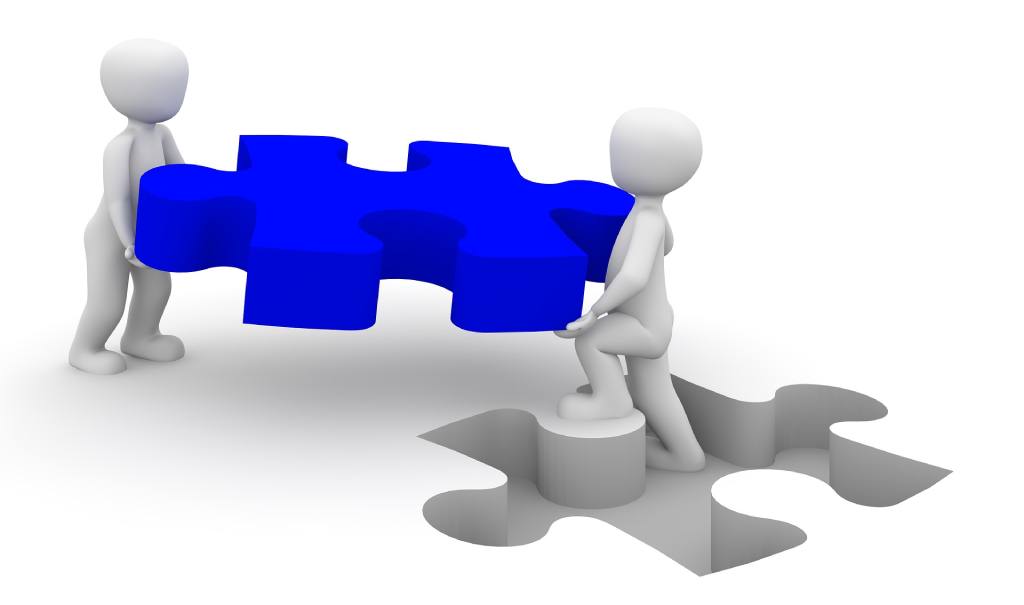
IESE Insight
Goodbye to Extortion: The Anti-Mafia Movement
Antonino Vaccaro and Pico Di Trapani recounts the story of an anti-Mafia movement that took collective action to change society for the better in an award-winning book.
Cosa Nostra. The Mafia. For over 150 years, the world's most notorious crime syndicate had Sicily in a stranglehold — using violence, intimidation and social isolation against individuals who even thought of fighting back.
But the 21st century has seen the Mafia's grip on the region loosen. A grassroots movement called Addiopizzo — meaning "goodbye to the pizzo" or "goodbye to extortion" — has been shaking things up, using positive values and a corruption-fighting coalition to fight back. IESE's Antonino Vaccaro, along with co-author Pico Di Trapani, traces Addiopizzo's success in a new book, translated from Italian into English as Addiopizzo: Leveraging Consumers Responsible Purchase to Fight Mafia (McGraw Hill, 2016).
Intended for a broad, general audience, the book tells the story of how Addiopizzo, founded in 2004, successfully turned a significant number of Sicilian business owners against the pizzo, a central pillar of the Mafia's power over the region. Ultimately, the Addiopizzo movement aims to shift societal values away from those propagated by the Mafia by leveraging the power of consumers and appealing to their collective dignity.
The Threat
Before Addiopizzo, most Sicilian business owners regularly paid "protection money" (pizzo) to the Mafia. It's extortion. Monthly payments range from 60 euros to 10,000 euros, depending on the size and type of business. Paying the pizzo is technically illegal, but failing to pay generally carried far greater risks.
Look what happed to Libero Grassi, owner of a clothing factory in Sicily, who announced his refusal to pay pizzo in an open letter to a newspaper in January 1991. By taking his solitary stance against corruption, Grassi was criticized publicly for giving Sicily a bad name. Increasingly socially isolated, he was also threatened by the mob. By the end of August he was dead, gunned down by a Mafia killer.
Such methods are business as usual for the Mafia, which famously enforces payment through threats, outright violence and destruction of property. To avoid backlash, the Mafia works to isolate its victims first, turning them into social pariahs before taking direct action against them. Neighbors and other businesses are encouraged to shun non-payers, in order to stay on the right side of the mob.
The Mafia's greatest strength is the social validity it has managed to claim, warping community values in its favor over time. The mob conveys the refusal to pay protection money as a failure, rather than an act of courage. The pizzo is so established a part of everyday life that it becomes incredibly difficult to challenge.
A Collective Fight Back
A group of seven friends just leaving school and entering the job market launched the first Addiopizzo campaign in June 2004, putting up hundreds of anti-pizzo posters in Palermo. The message, "A society that pays the pizzo is a society without dignity" caught the public's attention and sparked widespread debate. They followed this up by encouraging consumers to buy only from shops that refused to pay protection money.
Addiopizzo campaigners then worked to raise awareness in schools before targeting business-owners and creating a certified list of pizzo-free shops. With this message, there were no individual heroes sticking their necks out alone. A coalition against the pizzo was born.
In 2007 they founded Libero Futuro, an initiative that helps anti-pizzo entrepreneurs to connect with each other, lawyers and the anti-Mafia police.
Although there are still significant difficulties in persuading people to stand together against an organization as powerful as the Mafia, Addiopizzo has been Sicily's most successful anti-protection-racket campaign to date. More than 1,000 businesses and more than 12,000 consumers have signed on to the group's "pizzo free" list, the authors note. They call the initiative an "incredible and unexpected success," in the wake of many failed anti-mafia efforts in the region.
Redefining Dignity
Addiopizzo worked to redefine dignity, security and solidarity — values that had been twisted to serve the Mafia's purposes. For Addiopizzo's growing ranks of supporters, dignity means refusing to cooperate with organized crime, and solidarity means standing together against the mob.
"Today, thanks to the work of Addiopizzo, an ever-growing part of the Sicilian civil society, citizens recognize... that dignity needs to coincide with the fight against the Mafia racket," the authors conclude.
More info: "Values Against Violence: Taking on the Mafia," for a look at the five-step process used by Addiopizzo for positive change.
